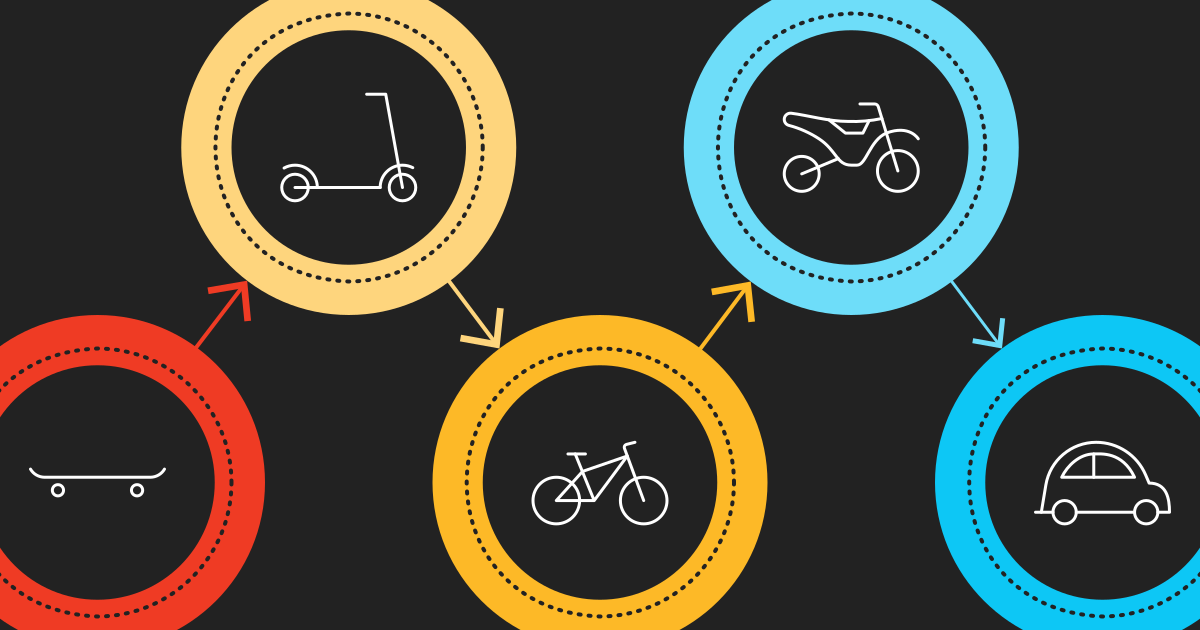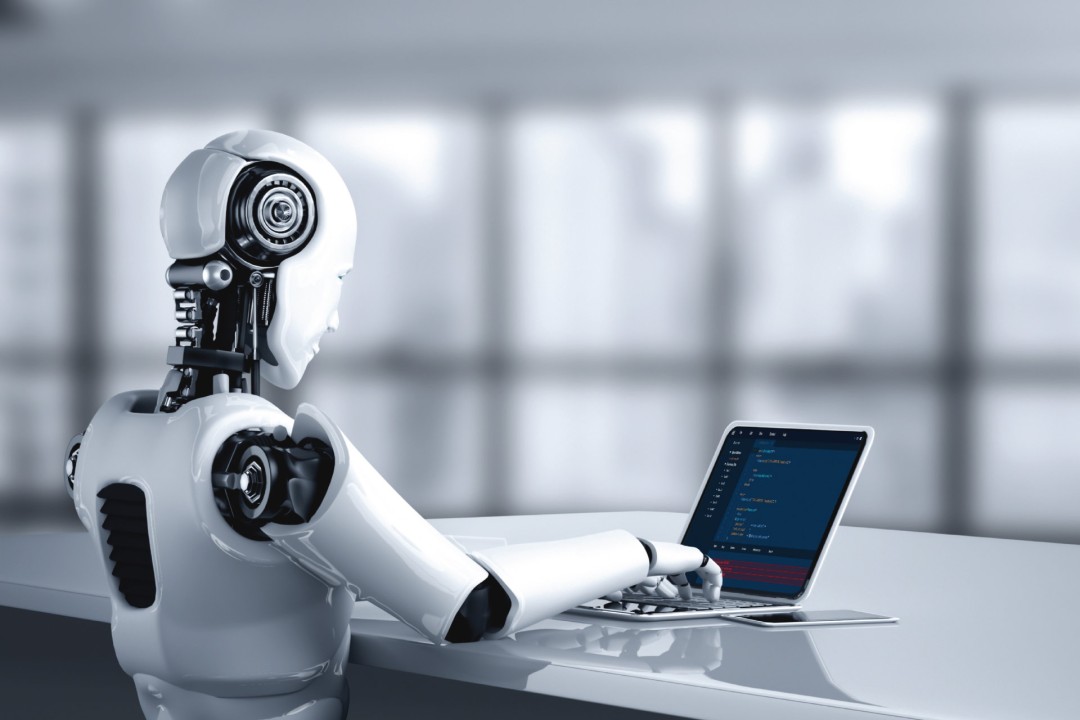Editor’s Pick

Demystifying Minimum Viable Products (MVPs): Strategies for Successful Implementation
In this article, we explore the concept of Minimum Viable Products (MVPs) and their importance in product development. An MVP is the simplest version of a product that allows you to test assumptions and gather feedback. We discuss strategies for successful MVP implementation, emphasizing clear goals, core features, user experience, and iterative development.
The Importance Of User-Centered Design In Product Development
User-centered design (UCD) is a philosophy that prioritizes users throughout the product development process. It involves understanding user context, specifying requirements, designing iteratively, and evaluating against user needs. UCD leads to customer satisfaction, engagement, and market success.
How Can I Make My Business Better with AI?
Discover how integrating Artificial Intelligence (AI) into your business strategy can enhance customer experiences, streamline operations, and drive innovation. From personalized recommendations to supply chain optimization, explore practical ways to leverage AI for business growth.
When Will Ai Replace Software Developers?
In this article, we explore the impact of artificial intelligence (AI) on software development. We discuss how AI has already transformed the landscape, bridging the skill gap, and whether software engineers will still be needed. While AI augments capabilities, human creativity, context, and maintenance remain crucial. The future lies in collaboration—a dance between AI and developers.











